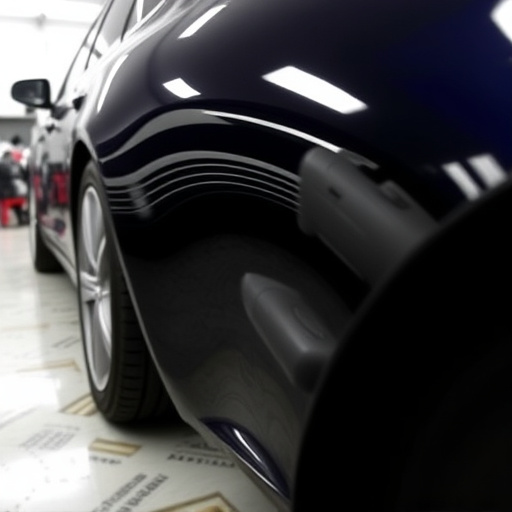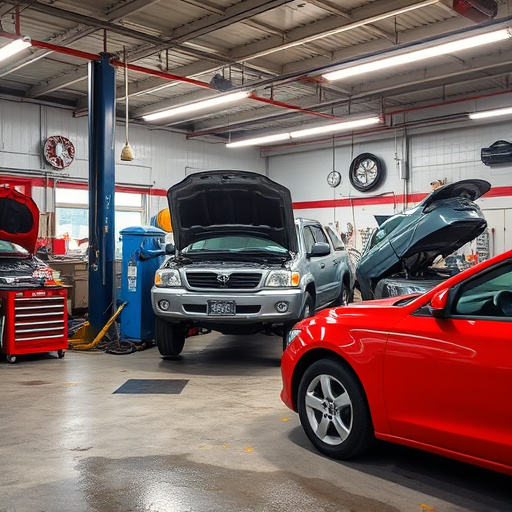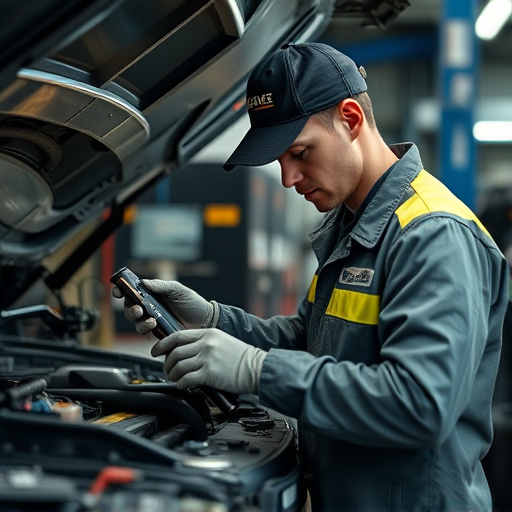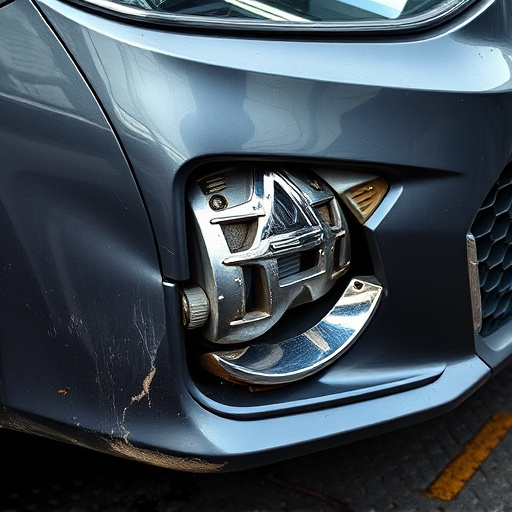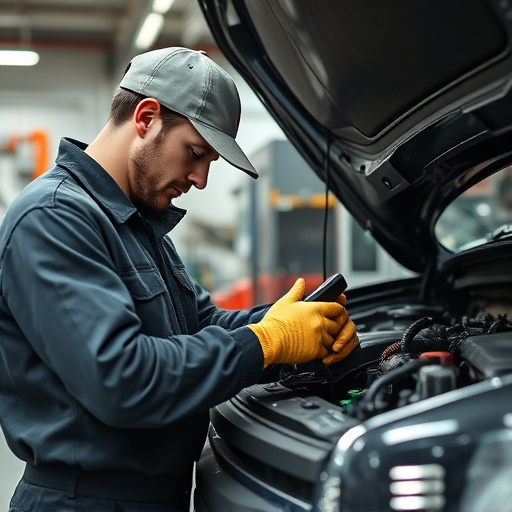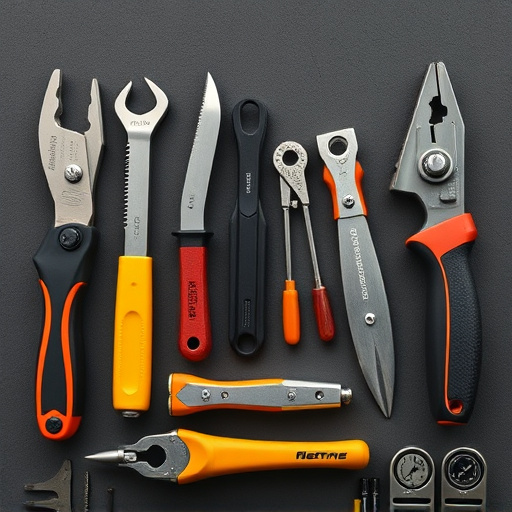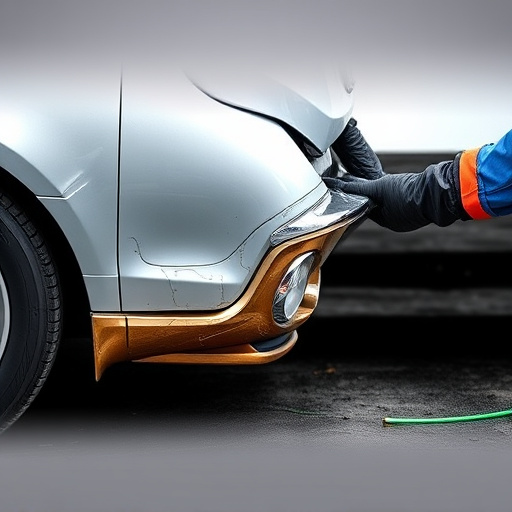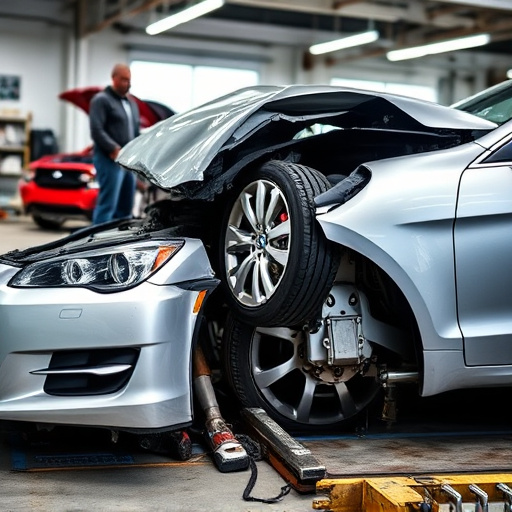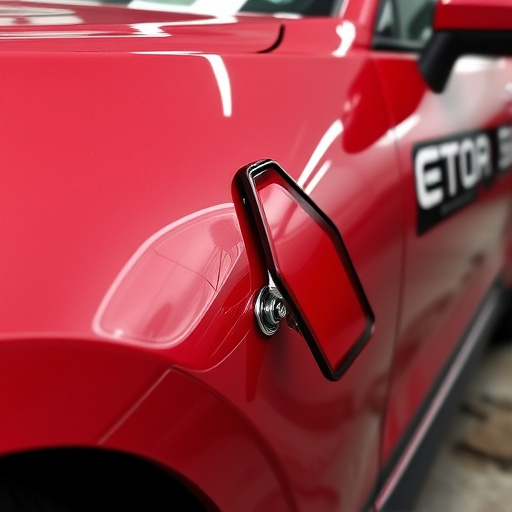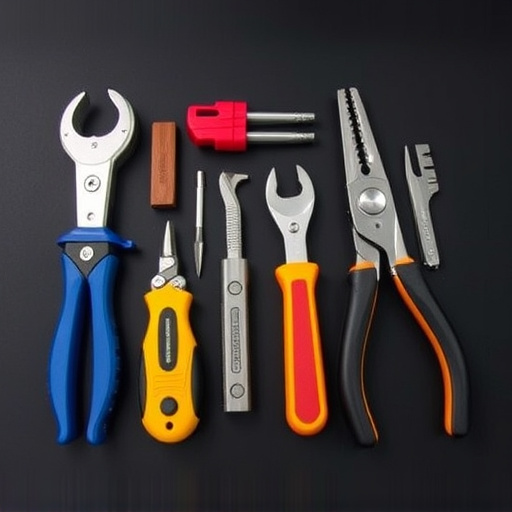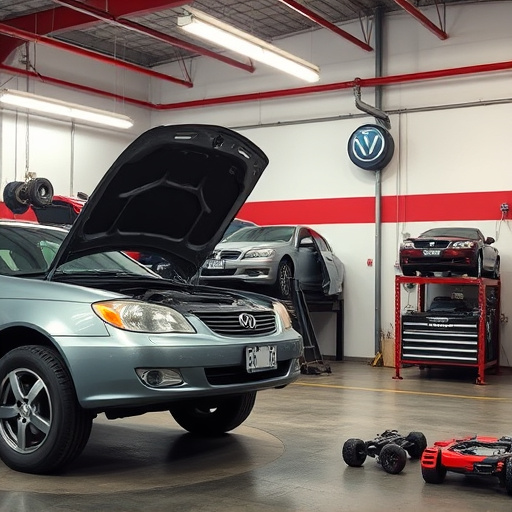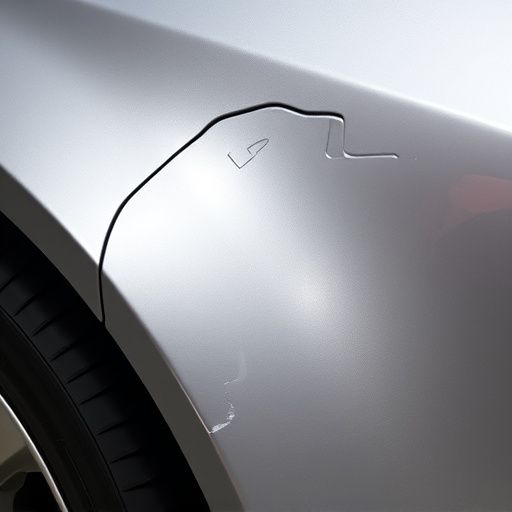Insurance adjusters play a pivotal role in the repair approval process, assessing vehicle damage and ensuring fair compensation for policyholders. They evaluate repair estimates, focusing on safety, quality, part choices, and adherence to standards, especially for crucial components like bumpers. Effective documentation is key; clear records, descriptions, and photos support proposals, with logical explanations enhancing approval chances, particularly for bodywork and auto maintenance.
Insurance adjusters play a pivotal role in the repair approval process, ensuring claims are settled fairly and efficiently. This article delves into the intricacies of what these professionals look for when approving repairs. From understanding the adjuster’s crucial role in evaluating damage to deciphering key factors influencing approval decisions, it provides insights on best practices. Learn how effective documentation and presentation techniques can enhance your claim’s chances of successful repair approval.
- Understanding the Insurance Adjuster's Role
- Key Factors in Repair Approval Decision
- Documenting and Presenting Repairs Effectively
Understanding the Insurance Adjuster's Role

Insurance adjusters play a pivotal role in the repair approval process, acting as the liaison between the insured, repair facilities, and insurance companies. Their primary responsibility is to assess the extent of damage and determine the feasibility and cost-effectiveness of proposed repairs. This involves meticulously examining vehicles, often after collisions or accidents, to document the state of their components—from the frame and body panels to the mechanical systems.
Adjusters consider various factors during this process, including the age and condition of the vehicle, the complexity of the repair, and availability of replacement parts. For instance, when evaluating a car body repair, they might scrutinize the alignment and structural integrity of the bumper—a key component in collision repair centers—to ensure the safety and quality of the final fix. Their expert opinions significantly influence the outcome of repairs, ensuring that insured individuals receive fair compensation while maintaining vehicle safety and functionality.
Key Factors in Repair Approval Decision

When evaluating a repair estimate for a vehicle involved in a collision or requiring auto maintenance, insurance adjusters consider several key factors to make an informed decision regarding repair approval. One of the primary concerns is the accuracy and detail of the repair estimates provided by qualified mechanics or body shops. Insurers verify that the estimated costs align with industry standards and include all necessary components and labor required for the specific bumper repair or broader vehicle collision repair.
Additionally, adjusters scrutinize the proposed methods and materials used in the repair process to ensure they meet safety and quality benchmarks. This includes assessing whether original equipment manufacturer (OEM) parts or high-quality aftermarket alternatives are recommended. Proper alignment and paint work are also critical factors, as they significantly impact both the vehicle’s structural integrity and aesthetic appeal following auto maintenance or bumper repair procedures.
Documenting and Presenting Repairs Effectively

In the repair approval process, insurance adjusters meticulously scrutinize every detail of the proposed repairs to ensure they are necessary and cost-effective. Effective documentation plays a pivotal role in this stage. Comprehensive records of the damaged components, along with detailed descriptions of the intended repairs, are crucial. Adjusters expect clear photographs illustrating both the existing damage and the planned restoration work.
Presenting these repairs effectively involves not just providing visual evidence but also offering logical explanations. Clearly articulating why certain repairs are needed and how they contribute to restoring the vehicle to its pre-incident condition is essential. Moreover, ensuring that all documentation aligns with industry standards and regulatory requirements is vital for securing approval during the repair approval process, especially when dealing with car bodywork services or auto maintenance procedures.
Insurance adjusters play a pivotal role in the repair approval process, meticulously evaluating claims to ensure fair and accurate settlements. By understanding their criteria and adhering to best practices in documentation, claimants can significantly enhance their chances of obtaining timely and adequate approval for necessary repairs. Mastering the art of presenting repairs effectively is key to navigating this process successfully.
